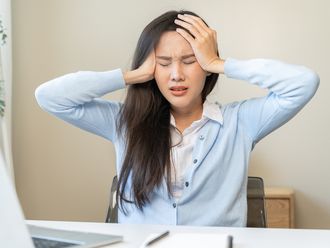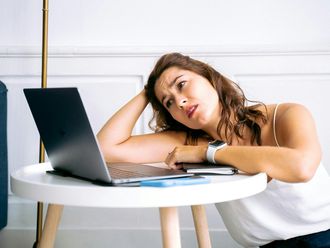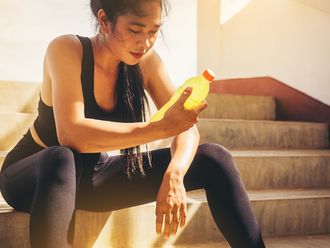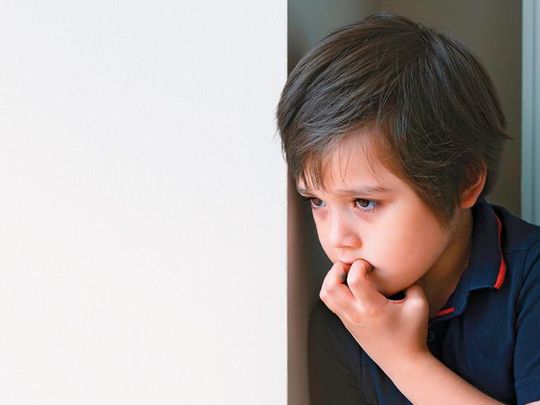
With schools all set to open their doors on August 29 in the UAE, students are still grappling with the constant change, lost social skills and fears around safety. Recently, a young boy visited me to share his concerns about returning to school. He was anxious about the safety of going back to school – Covid isn’t over, so how is it safe to go back to in-person learning? Would his fellow classmates follow rules? How many times a day would he be expected to use a hand sanitiser?
Going back to school is a significant change in general that can evoke a range of emotions, right from enthusiasm to apprehension and anxiety. Adding COVID-19 to the mix has made it a dreaded event, with students feeling different pressures and stresses. These include separation anxiety from parents, anxiety about homework, exams, peer group exclusion, introverted behaviour, and concentration and learning difficulties. All these factors can overwhelm kids, and this stress can accumulate throughout the year.
Parents can reassure them that every student will be experiencing these feelings, and being worried about something new is common, but once they get to school and get used to the environment, things will get better.
However, sometimes this may not be enough. Stress can manifest in different ways, and parents should be on the lookout for signs such as butterflies in the stomach, sweaty palms, a tight chest, reduced appetite, insomnia, quietness, nervousness, runny nose, rashes, anxiety attacks, impaired performance, anger, crying and a feeling that something could go terribly wrong.
Stress is all around us – at home, in school, and in relationships. How we handle stress and what we do to minimise it becomes an essential factor.
One treatment that can help students find their feet and ease back into everyday school life is homoeopathy, a safe and gentle form of medicine. These remedies work to support physical and mental health and help balance mind and body.
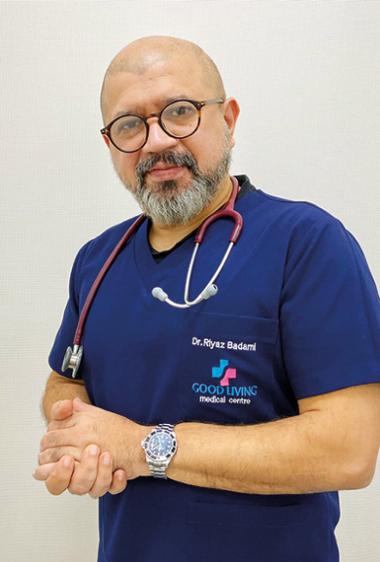
Homoeopathy doesn’t have side effects, is not addictive and can be used to safely treat conditions such as restlessness, asthma, allergies, headaches, colds, bronchitis, earaches, sore throats and more. It can also help build a child’s immune response and is a great way to build up their natural resistance.
The homoeopathic approach looks at each child’s unique emotional and physical symptoms. Each child would receive a personalised homoeopathic remedy because symptoms are different for each of them. For example, a homoeopath would first understand factors such as what the child likes to eat, their sleeping habits, fears and phobias, social interactions, etc. By using homoeopathy, the symptoms of the disorder improve because the underlying imbalance is being addressed.
When children are in a state of good health, they will be able to rise to the challenge and feel excited about new pursuits.
For more details visit glmc.ae; @good.living.medical.centre on Instagram; facebook.com/goodlivingmedical; or YouTube.





